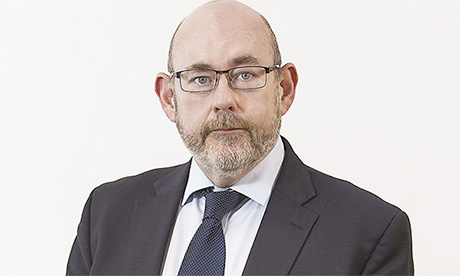I can’t be the only Catholic sickened or shocked by this seemingly endless crisis. But if I could speak to the senior bishops gathered in Rome this weekend, I’d say that counsels to simply lift and shift current secular practice are not the answer.
Historians are beginning to point out that secular practice to address the abuse of children is still evolving, and sometimes protects the organisation, not the vulnerable.
Recent research has also found that child protection systems across many countries are greatly overburdened.
We cannot report or prosecute our way out of this crisis. As a result some agencies are adopting what they call “a public health approach”.
Dealing with abuse after it has happened is a “downstream” approach: public health approaches aim at prevention, upstream.
Public health approaches are now common in mental health (don’t just strengthen the individual, address the factors in school, work and social life that predispose us to mental ill-health) and violent crime (the famous Glasgow model, which seeks to establish the causes of violence and to identify and pioneer new approaches to preventing it, often by promoting co-operation between the police, education system and health service).
It is now time to consider public health approaches to child abuse.
I’ve been advising government on public health approaches to mental health and serious violence, and I’ve been doing the same on safeguarding, working with Catholic organisations to trial this process.
A public health approach to abuse would seek to understand how the risk and impact of abuse is worsened, prevented or disrupted by multiple factors.
Strengthening individuals is not enough.
Creating a culture where we systematically make abuse less likely to happen, and make it the default culture to report and respond effectively when it does are key components.
What would it look like if the Church adopted this approach?
There would be strong advantages.
First, honesty about how complex the challenge is: simplistic analyses break down.
Greater personal piety is not the “solution”; gay clergy is not the “root problem”.
Seeing abuse as a system, with factors ranging from environmental (like organisational culture, including the formation of priests) through to situational (the circumstances making abuse possible or likely) and to individual behaviour, becomes the task.
It’s here that we get to the steps of a public health approach. I’ll outline seven. Continue reading
- Jim McManus is vice president of the UK Association of Directors of Public Health.
- Image: The Tablet
News category: Analysis and Comment.




